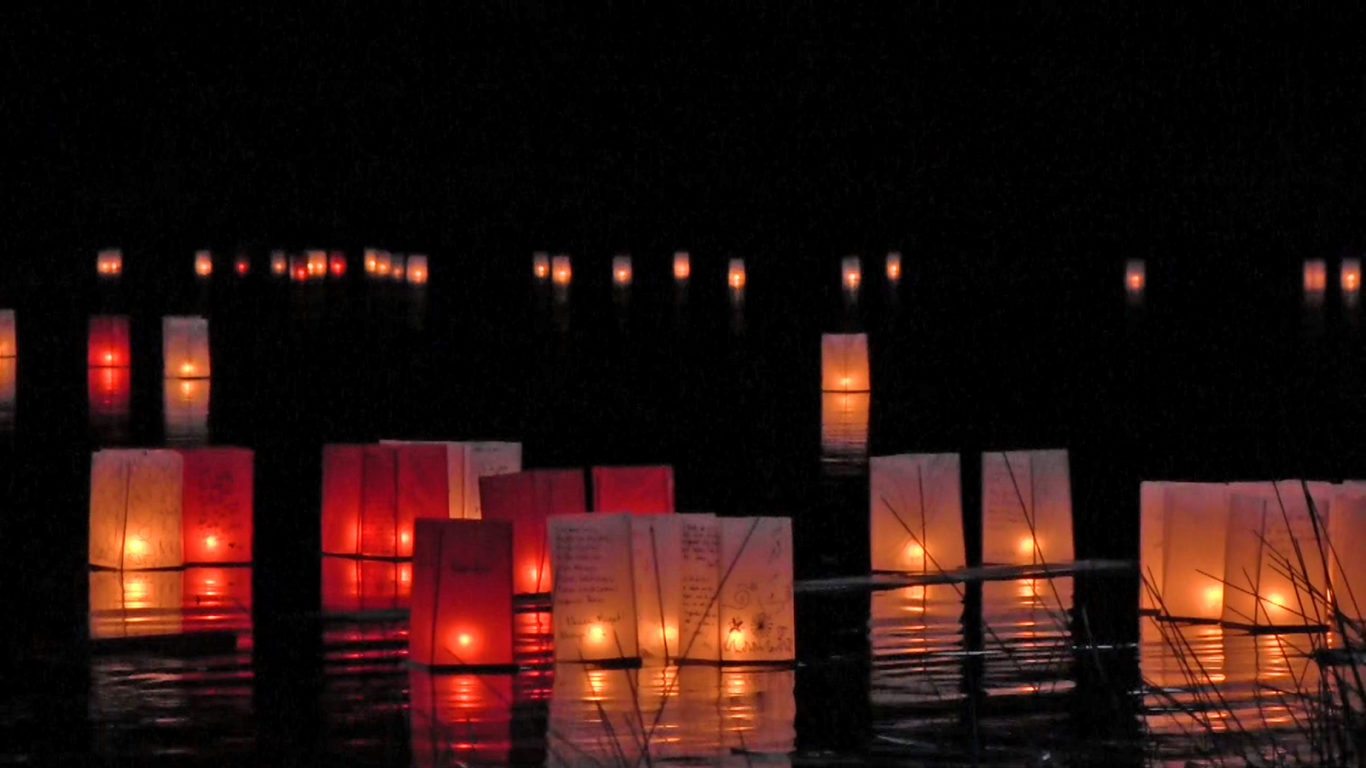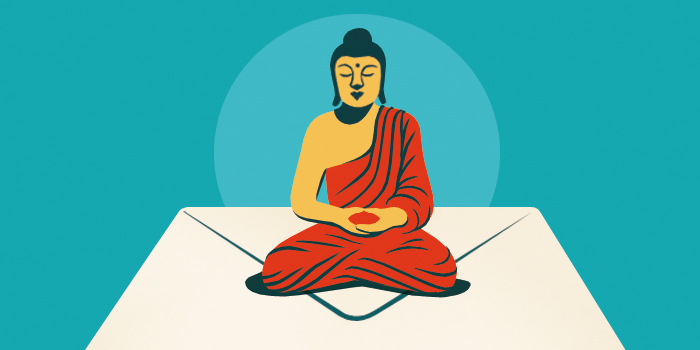Obon

Lanterns float on a lake at a Obon celebration in Flordia. | PBC Parks and Recreation, Flickr https://tricy.cl/2RKBgjS
Obon, also known as the Bon Festival, is a festival of remembrance for one’s ancestors observed annually in July or August. The four- to five-day festival is one of the most important holidays in Japan and has become famous around the world for the otherworldly beauty of its floating paper lanterns. But Obon involves much more.
Many people take vacation from work and travel to their hometown to celebrate Obon with family. Before the holiday it is traditional to clean one’s home and prepare food as if for special guests. On the first day of the festival, celebrants light small fires or lanterns in front of their houses and candles and lanterns inside to serve as guides for the spirits of the ancestors to find their way home. It is also customary for families to tend the graves of those they have lost and to make offerings at gravesites and temples.
The Bon Festival is related to the Ullambana, or Ghost Festival, celebrated across the Mahayana Buddhist world. (Obon is a Japanese transliteration of the Sanskrit word ullambana, meaning “to hang upside down,” as tormented spirits might. Another view is that Obon originally meant “rice bowl,” for making offerings.) It is said that the holiday began with the journey of the Buddha’s disciple Maudgalyayana (Sanskrit; Pali, Mogallana) to the underworld to free his mother from the realm of the hungry ghosts. When she was released from the torments of the underworld, he danced for joy. Today, celebrants dance in the streets on the second day of Obon, performing folk dances called bon odori.
On the third day of the festival, paper lanterns—sometimes by the hundreds or thousands—are set afloat in lakes, rivers, and even the ocean to guide the spirits back to their resting places. On the fourth day, families return to the burial sites to tidy the graves and say goodbye to their ancestors until they meet again the next year.
The Obon festival has traveled the world with Japanese emigration and serves as an important marker of Japanese culture wherever it is performed.

Tricycle is more than a magazine
Gain access to the best in sprititual film, our growing collection of e-books, and monthly talks, plus our 25-year archive
Subscribe now